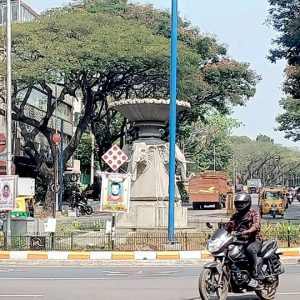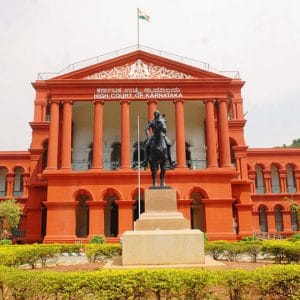History of money makes fascinating read. Going by its cosmic dance as it were in modern times, one is prompted to imagine that people would communicate among themselves free from hanky-panky deals which is common sight in the land. Come election time, be it for Gram Panchayats or be it for the Legislative Assemblies of the States or the Nation’s Parliament, the air is abuzz with the contestants of all hues vying for a win at the hustings aided by money power in the august company of muscle power. Vishnu Gupta (Kautilya), the wizard of State craft credited with authoring the treatise Artha Shastra spelling out the do’s and don’ts of managing public funds is only glorified in knowledgeable circles, given no trace of his principles being followed by governments of our times, specialising in grabbing cash from the citizens and splurging in every possible manner, not to forget syphoning off funds to the pockets of the ruling class.
All sorts of figures relating to money in the land that we are reading about in the dailies and hearing in the telecasts on the small screen, such as a) Gross Domestic Product, b) Budget of the Union Government, c) Currency in Circulation, d) Current Account Deficit, e) Fiscal Deficit, f) Estimates of cost of various projects, particularly those needing civil works and so on, not to forget g) Wealth commanded by tainted netas as well as their aides have reached astronomical proportions that should frighten even the Mathematicians concerned with numbers.
Historians have traced the finance-related classic of Kautilya to the times of Mauryan Empire (322-185 BC), of about 2,500 years vintage, while anthropologists, using the tool of radio carbon dating, are of the view that coinage, made of various materials including cowrie shells used in India, stone (found in the lost city of Dwaraka), copper, silver, leather and gold has a history of 5,000 years. Paper money, with its comparatively short history may not be fascinating to read about, but the avenues it is providing to fraudsters on one side and to the governments to create bulging budgets is tell-tale. One may be ridiculed to favour returning to the age of coinage made of shells and stones, if only it would make the life of well-marked individuals in the land known to carry tainted money in suit cases without being noticed.
Every order in the world may witness change yielding place to new in a general sense, as stated by the poet, but the order called tax regime can change only in one’s dream. Unarguably, the obvious changes are bound to be a) new taxes and b) new rates (hiked) of existing taxes. A glaring example has come in the form of Tamil Nadu government slapping a 30 percent local body tax on entry tickets to cinema halls over and above GST. Exhibitors in more than 1,000 screens in that State shutting down is only a reaction but never a remedy for the big screen’s big trouble.








Recent Comments